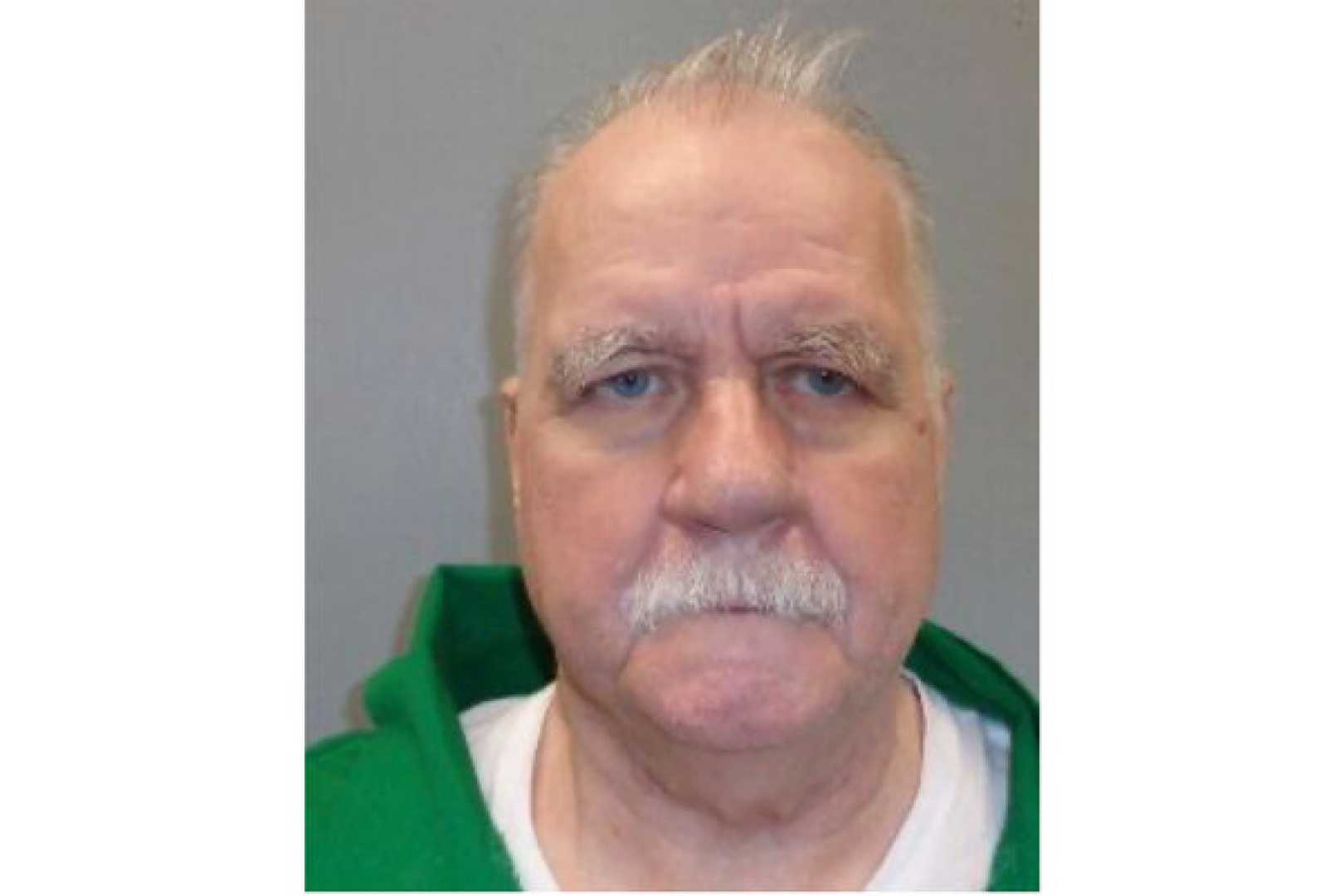News
Death Row Inmate Chooses Firing Squad for Execution in Historic Case

COLUMBIA, S.C. (AP) — Brad Sigmon, 67, condemned for the 2001 murders of his ex-girlfriend’s parents, has opted for execution by firing squad. His execution is scheduled for March 7, marking the first U.S. inmate to be executed by this method in 15 years.
Sigmon, the first inmate in South Carolina to select the newly implemented firing squad over lethal injection or the electric chair, expressed concerns over the state’s lethal injection procedures, which have recently faced scrutiny due to reported suffering during previous executions. “My frustration is we are in a world where he has to choose between being electrocuted, poisoned or shot, and we can’t even get the most basic facts you would want to make that decision,” said Gerald “Bo” King, one of Sigmon’s attorneys.
In 2023, South Carolina resumed executions after a 13-year hiatus, granting death row inmates a choice between lethal injection, electric chair, and firing squad. In prior executions, lethal injections of pentobarbital took more than 20 minutes, leading to allegations of excruciating pain. King pointed to past cases where inmates displayed prolonged distress during lethal drug administrations.
Under South Carolina’s firing squad protocol, Sigmon will be strapped to a chair, hooded, and marked with a target over his heart. A three-man firing squad will shoot from 15 feet away. Execution protocols have sparked controversy, with some killings described in court as “monstrous” due to the potential for pain and suffering.
A judge previously deemed firing squad executions as cruel and unconstitutional, arguing that they could result in excruciating pain if not conducted correctly. “You have three executions that have seemingly gone awry,” King said, indicating that South Carolina’s execution methods have not ensured humane deaths.
Sigmon was convicted of brutally beating David and Gladys Larke to death with a baseball bat. Following the murders, he kidnapped his ex-girlfriend, who narrowly escaped his grip. Sigmon’s decision to choose a firing squad was, according to his lawyers, influenced heavily by his fear of the electric chair and the uncertainty about the lethal injection protocols.
As discussions regarding the ethical implications of various execution methods intensify, Sigmon’s choice has spotlighted the complexities surrounding capital punishment in South Carolina. “This was a horrible crime, but Brad is enormously remorseful,” King stated. “Executing him would send a chilling message: that South Carolina refuses to recognize redemption.”
Sigmon’s legal team is seeking additional appeals, hoping to highlight alleged deficiencies in his trial that they argue failed to account for his mental health issues stemming from a troubled childhood. Despite their efforts to delay the execution and examine autopsy reports from previous cases, the state’s legal move declined their request.
As this case unfolds, it has drawn the attention of advocates for and against capital punishment, with opinions sharply divided over the morality and efficacy of execution methods. Sigmon remains calm but understands the violent nature of his choice. “Given South Carolina’s unnecessary and unconscionable secrecy, Brad is choosing as best he can,” King remarked.












